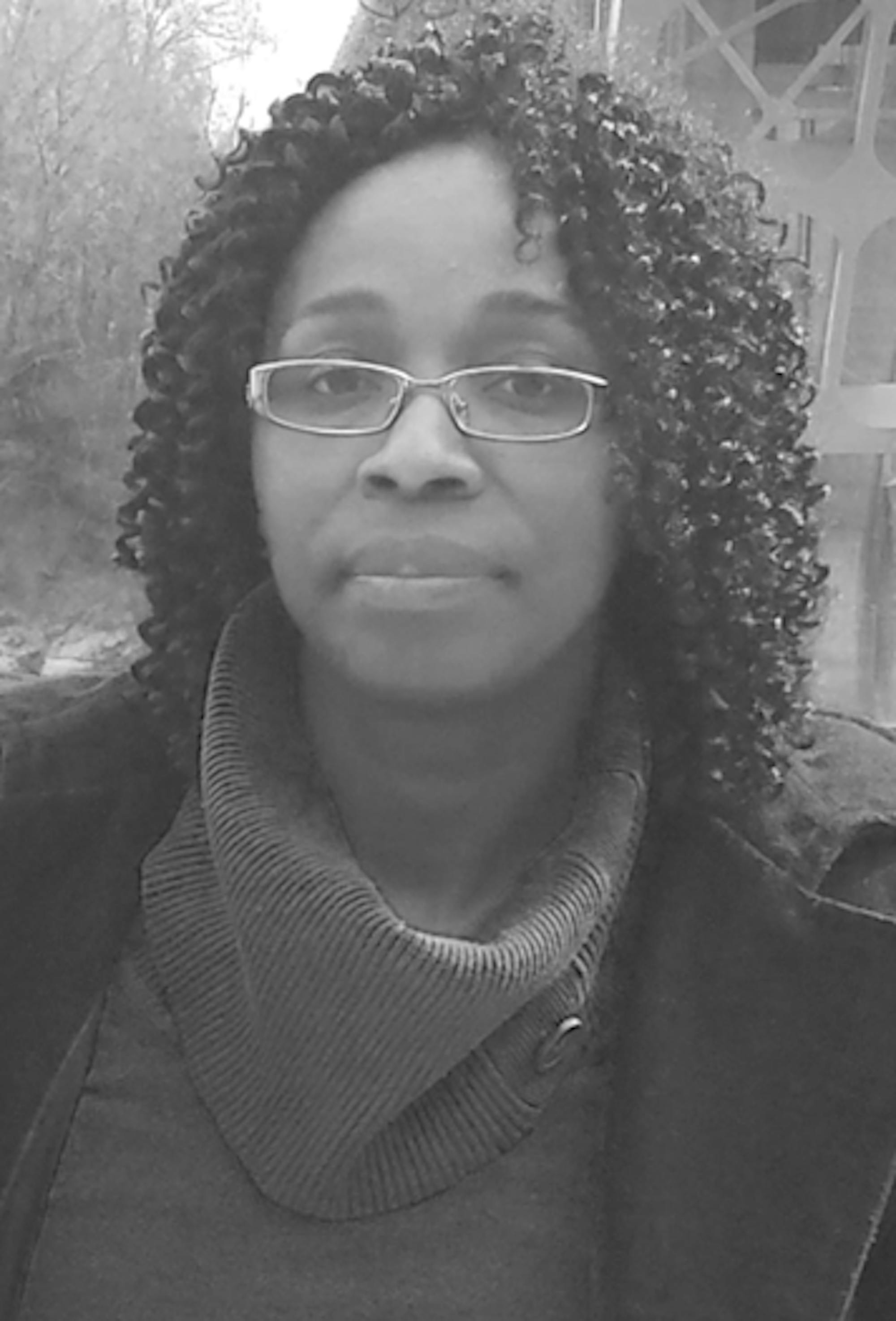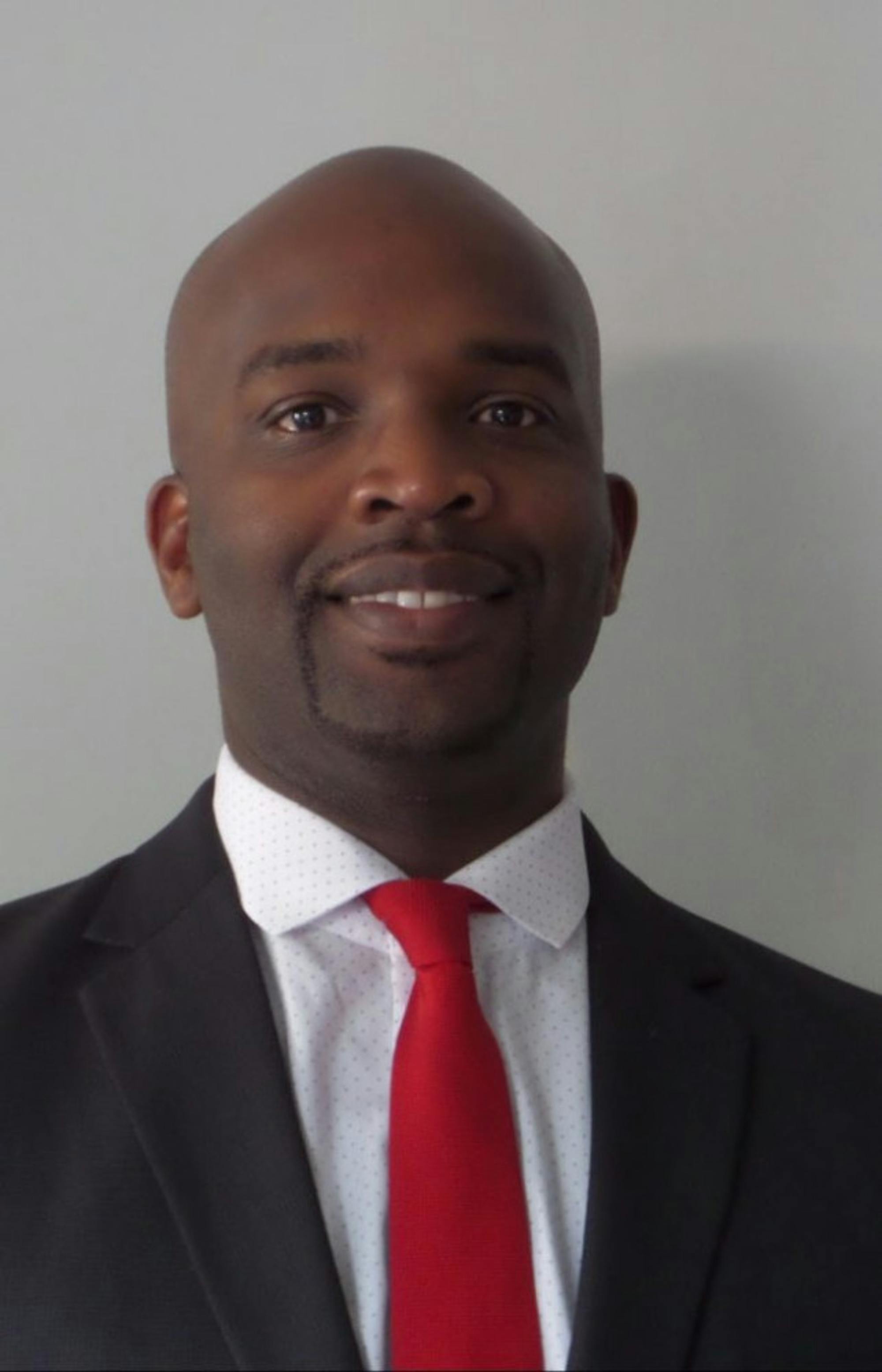When Dr. Grant S. Shockley joined the Candler School of Theology in 1970, he was the University’s first Black professor. In his wake, Black faculty members have helped transform Emory into the illustrious institution it is today. To commemorate these leaders and Black History Month, which was created by historian Carter G. Woodson in 1926 — the Wheel asked Black faculty what this month means to them.
Senior Lecturer in the Department of African American Studies and Director of Undergraduate Studies Michelle

Gordon stated that Black History Month “signals to me that Black history has yet to be integrated fully into the mainstream narratives and collective understanding of so-called Western or American history.”
However, it “remains valuable and necessary, even as we also see disappointing, tokenistic, and superficial attempts to acknowledge BHM in many facets of society.”
In an email to the Wheel, Samuel Candler Dobbs Professor of Philosophy George Yancy wrote the month demands “the recognition of a blues people who may suffer, but where suffering will never have the last word.”
Specifically, he stated, “Black History Month should mark a time for deep reflection for all Americans to take a deep look into the American soul and ask: How much longer will Black people find it hard to breathe? Hence, Black History Month is not just about our history, and honoring that history, it is about this moment in American history.”
Adjunct Lecturer of Biology Cristy Tower-Gilchrist lauded Emory’s efforts to commemorate Black History Month through

virtual events, as she believes this setting accommodates those who otherwise could not attend live meetings.
“I often wondered why some of these events weren’t offered before that way,” Tower-Gilchrist said. “That way it can be more inclusive for everyone.”
When asked about how students can learn about Black history on campus and in Atlanta, Gordon plainly noted, “seek and you shall find.”
“The James Weldon Johnson Institute hosts weekly free lectures that often deal with Black history ... Just look around, ask questions, wonder, and read,” she wrote. “Don't wait on Black history to present itself to you.”
For Associate Professor of Medicine Jason Cobb (06M), Black History Month should be at the forefront of Emory’s health care curriculum.

“This is something that we can include in our curriculum, and what we do at Emory, and especially being here on the health care side,” Cobb said. “We’re in Atlanta. We have a very diverse patient population. We need to talk about racism, how it affects our patients, how it affects possible employees.”
Tower-Gilchrist noted the reductive challenges of attempting to celebrate the rich history of Black individuals in a single month. She noted that the contributions of lesser known Black figures are often underrepresented in this discourse.
“Within that one month, we’re trying to appreciate all of the people throughout history that are black individuals who have contributed,” Tower-Gilchrist stated. “It should be year round, 12 months, every day — mention these individuals and appreciate the accomplishments they have had.”
Kaitlin Mottley contributed reporting.





